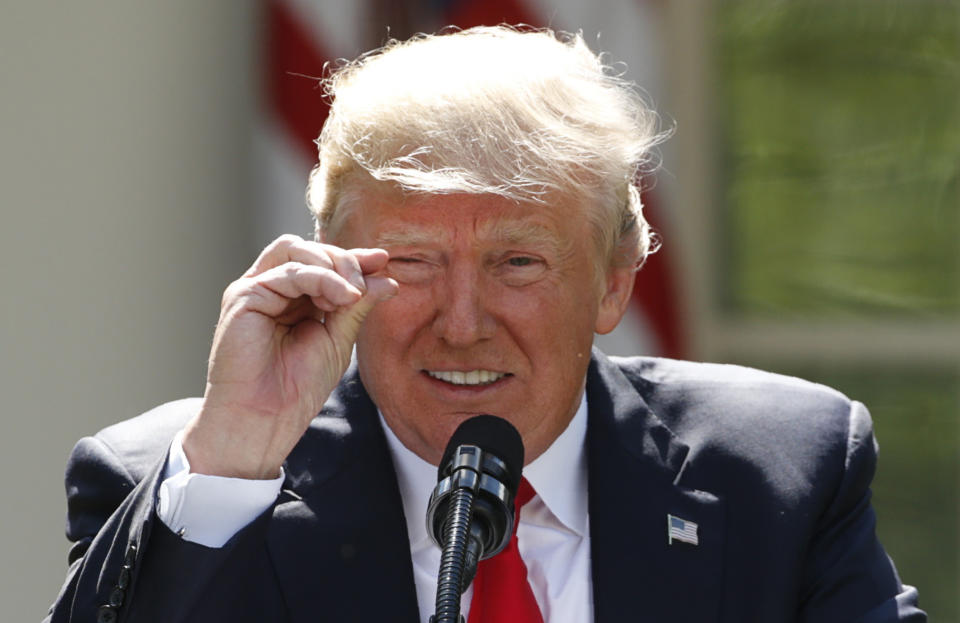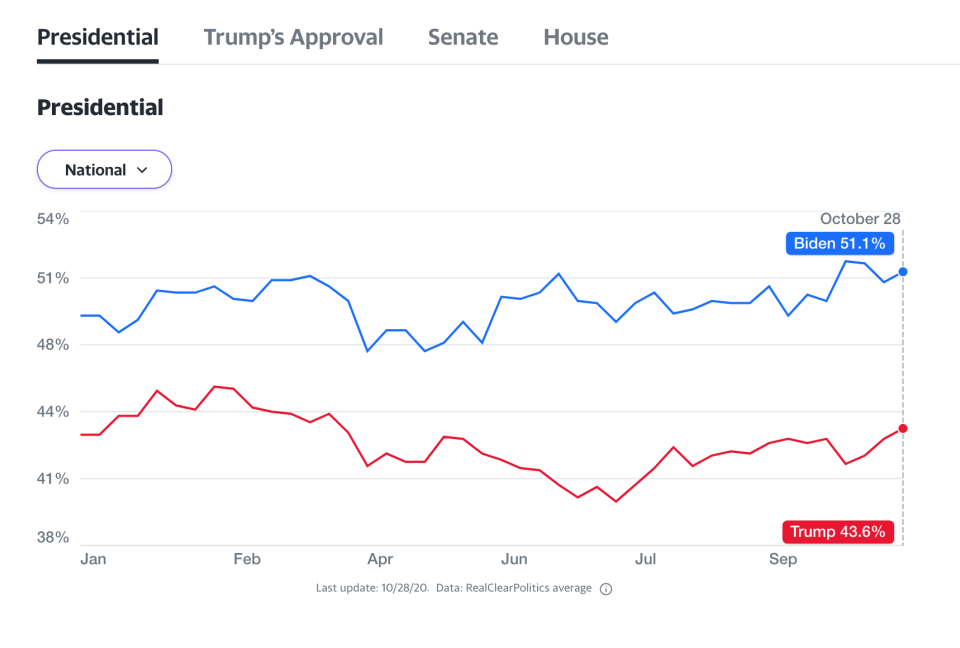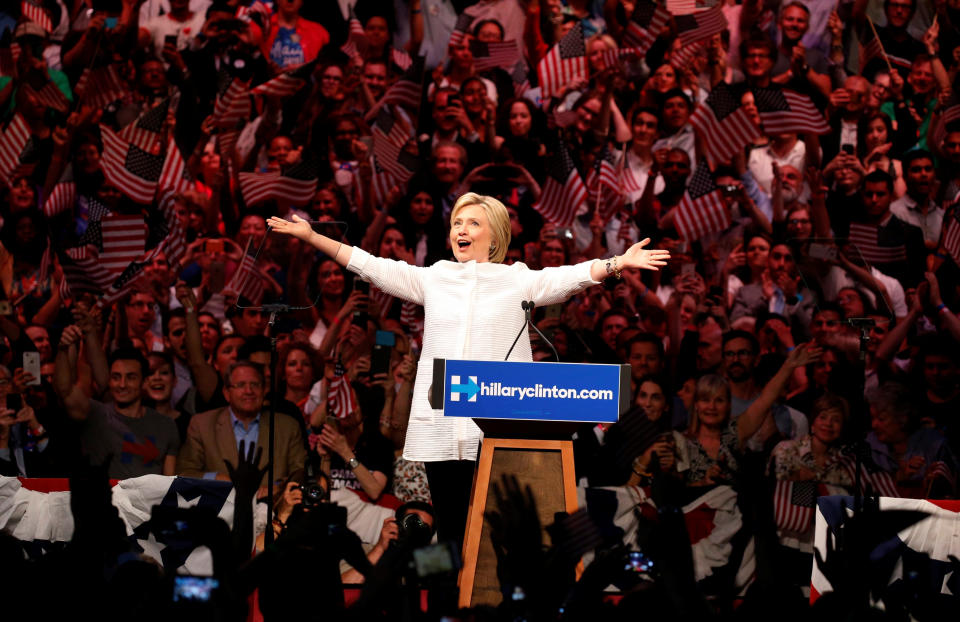US Election 2020: How likely is Donald Trump to win?

The day of the US presidential election has arrived and despite much speculation, the one thing everyone can agree on is that it’s always hard to predict the result of any election – especially in 2020.
The road to the election has been a tempestuous one, from the effects of coronavirus – including Donald Trump’s own diagnosis – to dramatic presidential debates, the economic effects of a global pandemic and the Black Lives Matter movement.
Who is leading in the US election polls?
Biden has consistently led in the polls throughout the campaign trail and on 28 October the national presidential polls put him at 51.1%, compared to Trump at 43.6%.
The polling is representative of the picture we’ve seen all year, with Trump trailing behind his rival and the distance between the two extending to 10 points at one time.

However, it’s not all bad news for Trump. His approval ratings have seen an improvement in the past few months.
In June 2020, the president’s disapproval ratings hit a high of 56.2% while his approval ratings sunk to 41.2%.
However, by October his disapproval ratings dropped to 53.35% and his approval ratings rose slightly to 44.3%.
Biden retained a double-digit lead over President Trump in the final Yahoo News/YouGov poll of the 2020 campaign, published on the eve of the election (November 2).
The poll closed with a 10-point margin for the Democrat – that’s more than three times as large as Hillary Clinton’s final polling advantage in 2016.
Watch: Trump and Biden wait for results in key swing states
Whose betting odds are best – Trump or Biden?
Another litmus test for who is likely to win the presidential election is usually the betting odds.
While national polls suggest a victory for Biden, betting odds suggest it’s a slightly closer race.
The campaign race saw UK bookmakers suspended odds on the 2020 US presidential election following the announcement from the White House that Trump and the First Lady had both tested positive for COVID-19.
Since then, the books have been reopened and odds appear to echo the polls, with Oddschecker saying on 28 October that Trump was trailing in the betting market, with his odds at the time listed at 15/8 compared to Biden’s at 10/19 – reflecting a 34.78% change of a victory for Trump and a 65.53% chance for his rival.
The 2020 election has also become the event upon which the most money has been matched in the history of the Betfair Exchange, passing the £200m milestone.
The previous record was held by the 2016 US election, where nearly £199m was staked on whether Trump or Hillary Clinton would become the 45th president of the US.
Do polls or odds help us work out who will win the presidential election?
If only it were that simple. As we’ve seen in countless elections in the US, the UK and elsewhere, polls don’t always tell the whole story.
In the US, who wins the election often comes down to certain states and the electoral college system.
All 50 US states and Washington DC have a set number of “electors” in the electoral college and that number is roughly proportionate to the size of each state. There are 538 electors – to win a majority and become president either candidate needs to get 270 electors, which is half the total plus one.
The number of electors per state is based on a state’s population so those with more people get more votes. For example, California – the largest state – gets 55 electors, while those with fewer populations like Wyoming get just three.
Are election polls accurate?
That means that even if someone is leading a national poll, they won’t necessarily win the election.
For example, in 2016 Clinton was leading the polls and won nearly three million more votes than Trump but still lost.

Most states tend to vote the same way, which means it often comes down to just a few to decide which candidate wins – the battleground states.
That, in turn, means it’s important to look at the polls for those to get an idea of who is likely to win rather than only the national polls.
Polls in the battleground states haven’t been looking that great for Trump recently, with Biden leading in Michigan, Pennsylvania and Wisconsin – three states his rival won by tiny margins in the 2016 victory to beat Clinton.
Watch: Spokesperson for the Women’s Equality Party says Trump re-election will be ‘bad news for all of us’


